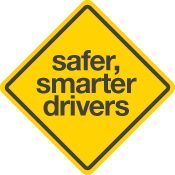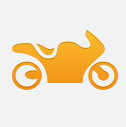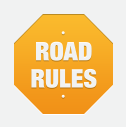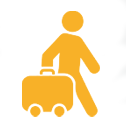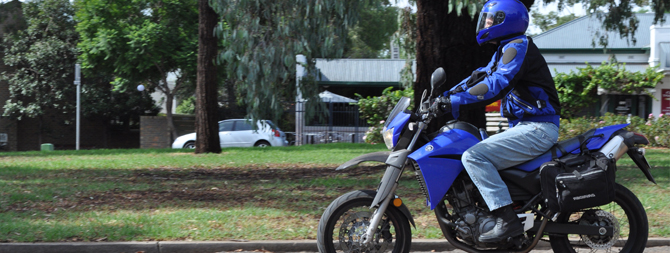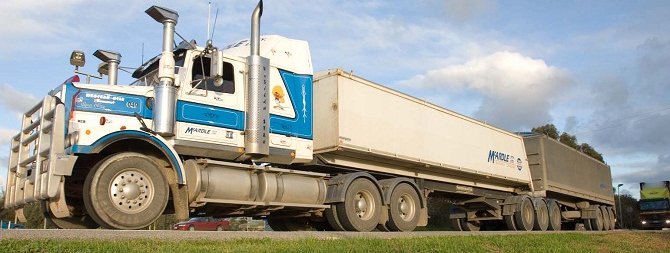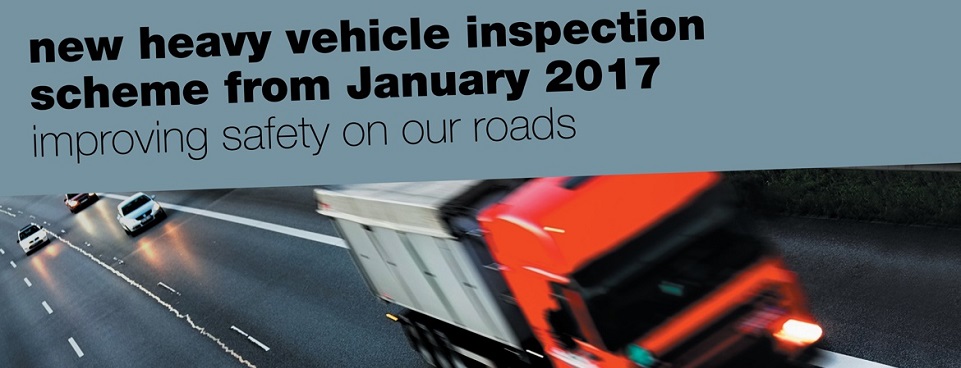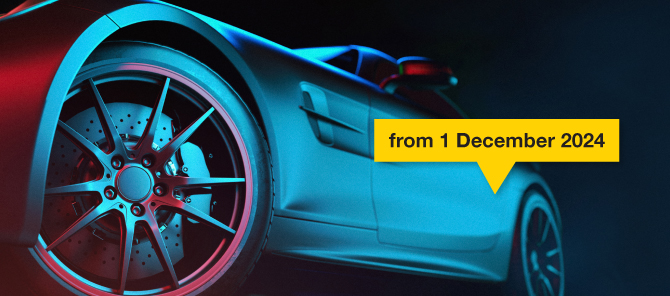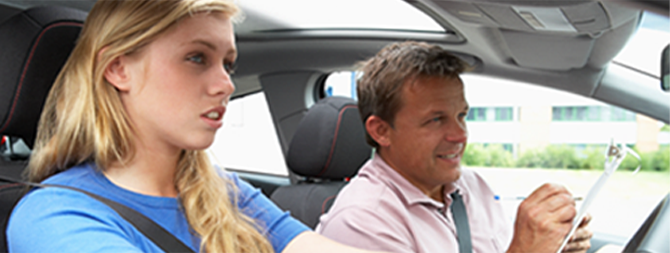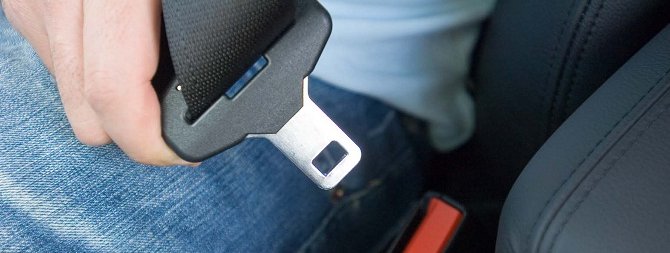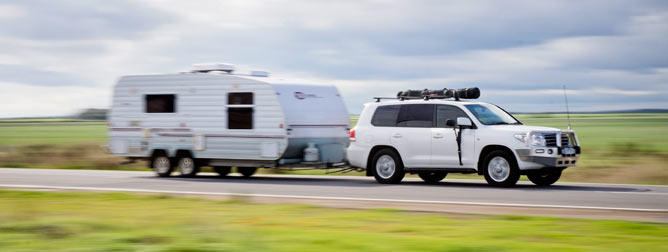The Rider's Handbook
Preparing to ride

Riding a motorcycle puts you at a higher crash risk compared to driving other road vehicles, and if you are involved in a crash the chances of being injured are very high.
Well-prepared riders can reduce their crash risk.
CONCENTRATION
Your survival depends on your full concentration on the road.
Factors that can limit your ability to concentrate include:
- fatigue
- alcohol
- drugs.
Your mood also can affect your ability to concentrate. If you are angry or stressed, for example, you may be less safety conscious than when you are relaxed.
If you can’t concentrate fully, don’t ride.
FATIGUE
Riding a motorcycle is much more tiring than driving a car.
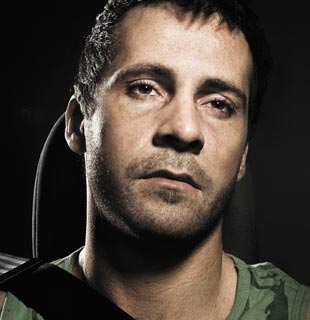
Many people associate fatigue with falling asleep at the controls, but a lapse in concentration is as dangerous for motorcyclists.
Indicators that you are suffering from fatigue and a lapse in concentration include:
- arriving at a corner more quickly than you expected
- running wide on a corner
- rough gear changes
- failing to see a sign
- daydreaming
- yawning and a dry mouth
- stiff joints (neck, knees and wrists).
Tips to help manage fatigue:
- Avoid fatty foods and large meals before or during a ride.
- Stop about every one and a half hours or every 150 kilometres - even if you don’t feel tired.
- Drink plenty of water to keep hydrated.
- Avoid too much coffee and sweet soft drinks.
- Do not drink alcohol.
- Eat small amounts frequently—simple foods like fruit, nuts, a muesli bar or a little chocolate.
- In winter, dress to protect yourself from the cold—a drop in your body’s core temperature makes you less alert and slows decision-making and reaction times—but don’t make yourself too warm.
If you feel fatigued, don’t ride.
Riders can become dehydrated quickly, particularly in hot weather and when riding over long distances. Dehydration can increase fatigue, which can reduce your level of concentration, impede your judgment and slow reaction times.
ALCOHOL
Alcohol increases your risk on the road by adversely affecting reflexes, coordination, depth perception and judgements about risk-taking behaviour. These effects are compounded by the lack of protection and stability associated with riding a motorcycle.
It’s not just your own mistakes that are dangerous when you drink; you are less able to react properly to other people’s mistakes as well.
The legal Blood Alcohol Concentration limit for full licence holders in Australia is 0.05 grams of alcohol in every 100 millilitres of blood. Almost a quarter of riders killed on South Australian roads in recent years had a BAC level of 0.05 or more. But even a relatively small amount of alcohol can reduce your capability as a rider.
If you drink, don't ride.
All learner, provisional and holders of an R-Date licence classification, irrespective of whether you hold a full licence are restricted to zero blood alcohol concentration.
DRUGS
Many drugs—both legal and illegal—can affect your ability to ride a motorcycle safely.
Drug driving is a major contributor to road deaths in South Australia.
Some prescription and over-the-counter medications such as cold or allergy tablets can leave you weak, dizzy, drowsy or slow to react in an emergency. Check with your doctor or pharmacist and read the label to find out if the medication will affect your riding capability.
If you take a drug or medication that can affect your riding, don’t ride.
Police conduct random roadside saliva tests to detect the presence of THC (cannabis), Methylamphetamine (speed) and MDMA (ecstasy).



